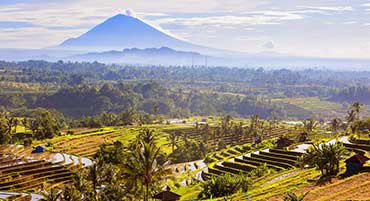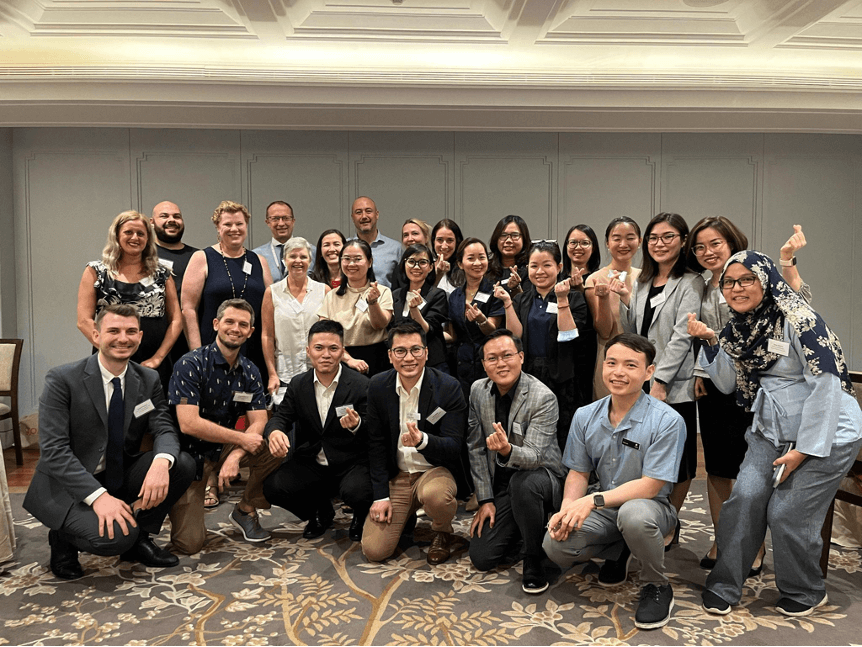
One-size education policy doesn’t fit diverse lives across Indonesia
One afternoon at the end of 2014, several volunteer teachers sat in a circle under the palm trees of a host family in a village in East Nusa Tenggara (NTT). Jerry cans were lying around in one corner of the yard while in another, a wood-burning stove was still warm after it was used to process nira (neera) – the palm nectar that had been tapped from lontar palms that morning.
Farli, a young teacher with the Indonesia Mengajar movement, was telling us about the bustle in Mukekuku village in East Rote, Rote Ndao regency, where he was assigned. He also shared the village’s hopes for and challenges of education. The other young teachers occasionally chimed in with stories from their assigned villages.



